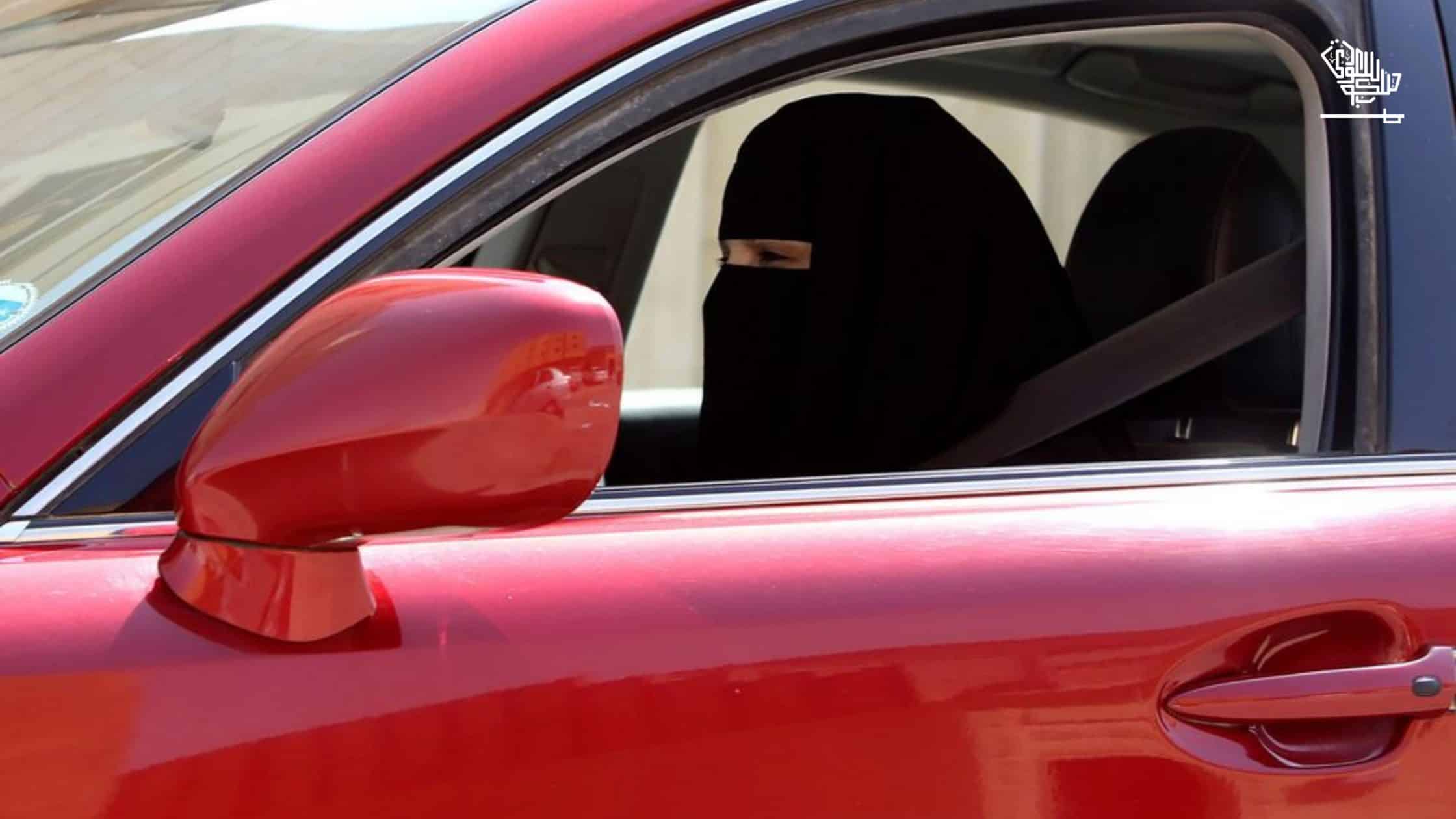The facilities and options
Saudi Arabia operates a mixed public and private healthcare system, each providing quality services. Roughly 60% of the healthcare is provided through the government’s Ministry of Health and consists of:
- Primary health care
- Hospitals
- Specialist services
- Outpatient services
The $2.4 billion annual expenditure, or 4.7% of GDP, is a key healthcare statistic and indicator. Saudi Arabia ranked 55th on the Health Care Index.
The Saudi Commission for Health Specialties governs all healthcare professionals in the Kingdom, and all healthcare facilities and services are free for Saudi nationals.
Access to healthcare in Saudi Arabia
The free public healthcare system is available to all Saudi citizens and public sector employees. The free services available under this umbrella are:
- GP visits
- Hospitalization
- Dental treatment
- Medicines
Ex-pats living in Saudi Arabia have access to healthcare through private hospitals, clinics, and private health centers. Non-Saudi nationals require mandatory health insurance, and the employer generally provides this. An ex-pat can have additional insurance if needed.
Cost of Healthcare in Saudi Arabia
With the growth in the Saudi population over the last 20 years, there has been a substantial increase in healthcare spending. Keeping this in mind, the government is developing a close partnership with the private sector towards a paid-through insurance system.
Before 2005, the government paid for all healthcare in Saudi Arabia. It was free for all residents of the Kingdom. In 2005, the Saudi government introduced compulsory health insurance requirements for non-nationals, and in 2016, extended it to Saudis working in the private sector. There are plans to expand this coverage to other Saudi nationals, too.
Healthcare costs for ex-pats will vary and depend on the type of facility they choose, the insurance plan they take, and the treatment they seek.
Health insurance in Saudi Arabia
As mentioned earlier, if you relocate to Saudi Arabia, you will require health insurance, and your employer should arrange this for you.
The Council for Cooperative Health Insurance (CCHI) administers the country’s insurance system, and it states that all private organizations should provide insurance for their employees and dependents. There are, however, still some companies that do not provide this coverage to their employees.
Currently, 26 health insurance providers operate in Saudi Arabia, with an average premium of SAR 1,759.
Employer-provided insurance will generally provide basic coverage and will not include dental coverage, etc. For this reason, many ex-pats top up their company-provided insurance with an additional policy.
Registering for healthcare as an ex-pat
Your employer must register you for private health insurance and provide you with a health insurance card. You can use this card to avail yourself of personal healthcare services and facilities in case of need—services such as doctors, hospitals, or therapy treatments.
Registration procedures vary with different insurance providers; you will need to provide the following in all cases:
- passport/valid photo ID
- visa/residence permit
- proof of address
The Saudi National Portal provides details on accessing various health treatments.
Private healthcare system
Private healthcare contributes a significant portion of Saudi Arabian healthcare. As a result, the Saudi government has increased private sector investment through the Public Private Partnership (PPP).
Government subsidies paid for all public healthcare in Saudi Arabia till 2005. After that, the government introduced compulsory health insurance for non-nationals and extended it to Saudi private-sector employees in 2016; there are plans to expand the system to other Saudi nationals. Individual healthcare costs for ex-pats will depend on the nature of their health insurance plan and what treatment they need.
Health insurance in Saudi Arabia
Upon your move to Saudi Arabia, you will require a health insurance policy, which is your employer’s responsibility.
The Council for Cooperative Health Insurance (CCHI) oversees the country’s insurance system and states that all private sector companies must provide insurance coverage for workers and their families. Despite this requirement, many companies still don’t offer this.
Currently, 26 insurance companies provide health insurance in Saudi Arabia, and generally, the average premium cost is SAR 1,759.
Employer insurance policies generally provide basic coverage (e.g., no dental coverage), so many ex-pat workers top up with more comprehensive private insurance.
How to register for healthcare as an ex-pat
As ex-pats can’t utilize public healthcare in Saudi Arabia, no standardized registration procedure is issued for this.
Your company/employer should register you for your health insurance, and once this is done, you’ll receive a health insurance card. This health insurance card will be used for all private healthcare services and facilities you may require, like therapies, doctors, or hospitals.
Registration requirements vary across different individual providers; however, you’ll likely have to provide them:
- Proof of address
- Residence permit or visa
- proof of address
- passport/valid photo ID
You can always check the Saudi National Portal for access to various health treatments.
Private healthcare system
Private healthcare plays a significant role in the Saudi Arabian Health System; as a result, the government has managed to attract private sector investments through its Public-Private Partnership (PPP). The government has also set its goals to increase the private sector healthcare provision to 35% by 2020.
Healthcare System for Women
The quality of women’s healthcare facilities in Saudi Arabia is good.
Contraception and female hygiene products are readily available at pharmacies and other stores; the morning-after pill remains banned in Saudi Arabia.
Healthcare System for Children
The child health program promoted by the Ministry of Public Health includes areas such as:
- Healthy diet and growth
- Encouraging breastfeeding
- Dental hygiene
- Prevention of disease
Pediatricians and child health specialists are available nationwide at all private hospitals and clinics.
Included in the health policy is the national immunization program that offers vaccinations for the prevention of 15 diseases, including:
- Hepatitis A and B
- Tuberculosis
- Polio
- Mumps
- Measles
- Whooping cough
- Rubella
- Chickenpox
Dental Care in Saudi Arabia
The growing population has found Dentistry to be an ever-increasing profession in Saudi Arabia, resulting in many new dental colleges opening up in recent years. Nearly 17,000 licensed and qualified dentists are working in the country, of which almost three-quarters are foreign dentists. Most of them provide treatment at private clinics and hospitals available to ex-pats.
The quality and service of dental care in the private sector are considered high standards. The following specialist treatments are generally the ones most availed:
- Orthodontics
- Implantology
- Periodontics
Most well-off Saudi nationals will opt for private treatment; Riyadh and Jeddah are popular destinations for dental tourism. You will need to check your insurance policy for details of the coverage it provides. Not all private health insurance policies cover dental treatment or may not cover every procedure.
Hospitals
There are more than 450 hospitals in Saudi Arabia. Classified under:
- 33% private facilities
- 58% public facilities
- 9% of military hospitals
The service quality provided at public and private hospitals is similar. Private sector hospitals offer a greater range of treatments; however, this comes at a cost; hence, ex-pats are urged to get insurance.
Public hospitals are reserved for and provide free treatment for all Saudi citizens. There are many expert public and private hospitals in Riyadh, Jeddah, etc, for specialist treatments. Included in this category is the King Khaled Eye Specialist Hospital, one of the largest eye hospitals in the world.
All general hospitals in Saudi Arabia have emergency wards, maternity, and specialist wards. Any patient admitted for emergency care will be given all emergency care; However, those without insurance will be required to pay for the costs of treatment provided.
Medicine Cost and Pharmacies
Pharmacies and medicines are conveniently located and readily available across Saudi Arabia. Most drugs are sold without prescriptions and are very affordable due to the government’s price subsidies on medicine.
However, certain medicines are banned or highly controlled in the country due to restrictions. Due to this, patients cannot purchase anti-depressants over the counter. Therefore, when you bring medication to Saudi Arabia, first check and see if there are any restrictions on those medicines.
Most pharmacies in Saudi Arabia open from 09:00 – 13:00 and then from 16:30 – 22:30. You can also find 24-hour pharmacies in the big cities and at most hospitals.
Mental healthcare
Just as in the other healthcare sectors in Saudi Arabia, the quality and level of services for mental healthcare have developed significantly during the past 30 years. To supplement this progress, the country created 2006 a renewed national Mental Health Policy.
Patients suffering from mental health issues are treated at the primary care level through health centers as the first resort. Continuous severe problems, on the other hand, are treated at specialist psychiatric hospitals, community residential facilities, and upon improvement through outpatient treatment.
Citizens can self-refer or pay for the more extensive and exclusive private facilities. These private facilities include:
- Clinics offering psychotherapy
- Speech therapy
- Psychotropic drugs
- Addiction services
- Rehabilitation services
Healthcare availability is improving by the day, and gaps are. Research has found that:
- According to a 2013 study, 39% of people assessed showed signs of depression
- A survey of the youth found that 49% experienced anxiety and 41% experienced depression
At about the same rate as the global average, Saudi Arabia reserves 17 beds per 100,000 of the population for patients in need of psychiatric treatment.
Alternative medicine and healthcare available in Saudi Arabia
You can easily find alternative and complementary medicine practiced across Saudi Arabia. These are as ancient as and similar to Chinese medical practices, often called Islamic Medicine locally.
Alternative and traditional medicine is quite popular. Studies have shown that 60-75% of the local population prefers conventional medication. Only licensed practitioners are allowed to provide these treatments, which also include the following:
- Naturopathy
- Osteopathy
- Chiropractic
- Acupuncture
Emergency Numbers
The general emergency numbers in Saudi Arabia are 999 and 991. If you need to call an ambulance directly, you will need to call 997. Ambulance response times can vary depending on your location, and therefore, in dire situations, it is advisable to drive directly to the nearest hospital.
Hospitals in Saudi Arabia will treat and deal with most medical emergencies and treat everyone. Also, most emergencies are covered by basic insurance policies.
Useful resources
- Saudi National Portal
- Ministry of Health
- Council for Cooperative Health Insurance
- Saudi Commission for Health Specialties




